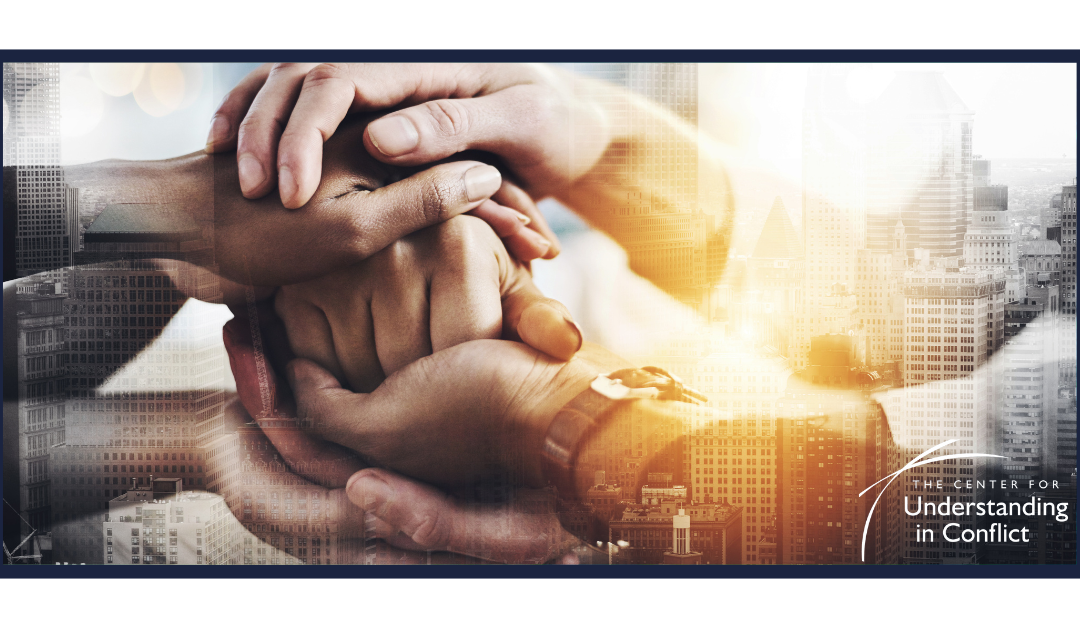Don’t be afraid to try new things and branch out from what you know to new and uncharted territory – that’s what the social media gurus are always saying when talking about going for a promotion or changing careers. Make a change, they say. The realities are often much more complex. What happens when you navigate uncharted waters without an established professional network, technical muscle memory, and forward momentum built over the years, if not decades, in your current career?
In the conflict resolution community, we encounter individuals all the time who have decided to make a change in response to life experience, professional insight, noble ambition, or a deep desire to address the all-consuming specter of conflict that seems to be permeating every part of our life, from the water cooler to the movie theatre, in schools, nonprofits, businesses, and everywhere that our social lives are present. For many, this change means implementing mediation practices into their work as an attorney or starting or joining a conflict resolution training program at a business or nonprofit. Others may branch out and build a career as a professional practitioner, focusing on having conversations of consequence as a full-time job working with couples, communities, professional groups, and individuals languishing in the conflict trap.
Many guides exist online about the everyday challenges of making a career change, such as this one on Indeed. The one prevailing theme that is important to focus on is support. Whether through training in new skills, which many who come to us are already doing, to finding mentorship and assistance building a plan, forming a new professional network with likeminded practitioners while exploring the potential for new client relationships, to finding the best fit for how you want to make a difference bringing together people in conflict. Support is critical.
It is also important to think about what a ‘best fit’ would look like when choosing a new career path. No broad training program, especially within the conflict resolution community, will be suitable for everyone. Of course, many people fit neatly into categories, such as workplace or traditional mediator, ombudsman, therapist, counselor, or neutral. But all those fall on a spectrum of interest and application and don’t always speak to the unique needs that you might have. What if your goal is to lead a conflict resolution program at a nonprofit that specifically works with children and families experiencing challenges as they navigate the educational system? What if you want to be a mediator that exclusively works within a single community center dealing with personal issues between people of different generations? Thousands of applications within defined pathways take a unique approach that may be deeply personal.
And the final point to consider is on the topic of ‘personal.’ Beyond the technical and logistical challenges of breaking into a new field, there is the work we need to continually do within ourselves to understand where we are as people – our motivations, strengths, challenges, and abilities – to identify and nurture to encourage the highest likelihood of success. And to do that, it all comes back to support.
Wherever you are on your professional conflict resolution journey, whether just beginning or making a change or working to focus more intently on a specific service area, resources are available to help. Sites like BetterUp and LinkedIn offer pathways to find like-minded professionals who have found success that can help you on your journey. Here at the Center, we offer an annual program called Your Next Steps, which partners participants with experienced conflict resolution professionals who can help you through the inner work, planning, and execution steps required to make a lasting and impactful change on your journey to bring together people in conflict, wherever they may be.

